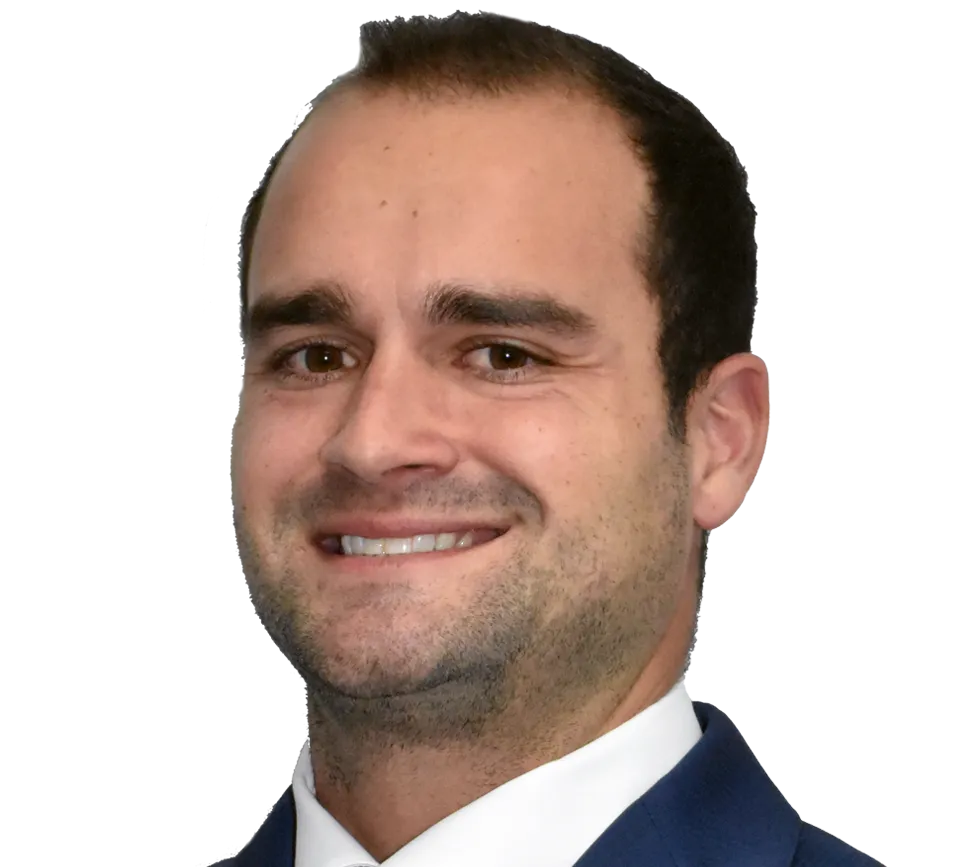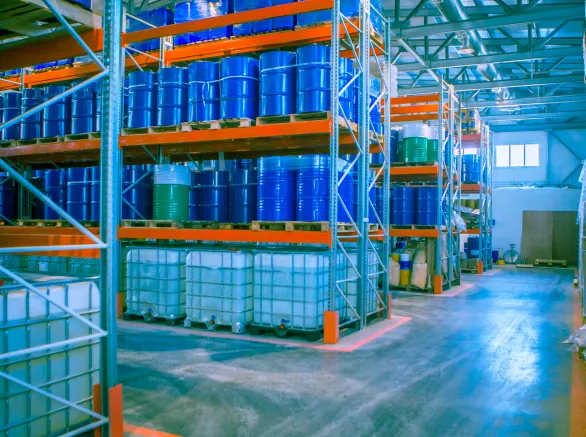

- Ph.D., Chemical Engineering, University of Southern California, 2023
- B.S., Chemical Engineering, University of Arizona, 2017
- M.S., Chemical Engineering, University of Southern California, 2017
- Professional Engineer Chemical, California, #7275
- 8-Hour HAZWOPER Managers and Supervisor Training (CA)
- FAA Part 107 Certified Commercial Drone Pilot
- FI-210, Wildland Fire Origin and Cause Determination (CA)
- Certified Fire and Explosion Investigator (CFEI)
- Process Mineralogy 1 for Metals Certificate from Edumine
- 2018-2020 The USC Viterbi School of Engineering/Chevron Corporation University Partnership Program (USCCVX UPP) Ph.D. Fellowship in Energy Resources
- National Fire Protection Association (NFPA)
- National Association of Fire Investigators (NAFI)
- International Association of Wildland Fire (IAWF)
- American Institute of Chemical Engineers (AIChE)
Dr. Welchert uses his expertise as a chemical engineer to analyze failures and explosions related to petroleum refining, chemical processing, the maritime industry, and the mining industry. He is also a certified wildland fire investigator and uses his experience and expertise in origin and cause determination of wildland fires. He has extensive knowledge pertinent to operating and analyzing custom-built reactors, analyzing self-accelerating decompositions, semiconductor device fabrication, mining operations, refinery processes, and quantitative chemical analysis.
Dr. Welchert has expertise in refinery wastewater processing, hazardous material classification for storage and transportation, and wildland fire and structural fire investigations. Dr. Welchert is a certified drone pilot (FAA Part 107) and creates 2D and 3D models from aerial photography for photogrammetric analysis of fires, failures, and explosions. Dr. Welchert uses FTIR, XPS, and EDS to analyze the composition of materials and uses SEM, ellipsometry, and goniometry to analyze their physical properties. He investigates complex fluid systems using COMSOL Multiphysics, AFT Arrow, and other simulation software.
Prior to Exponent, Dr. Welchert received his Ph.D. in chemical engineering from the University of Southern California. He researched novel chemical vapor deposition (CVD) techniques to develop thin polymer films for biomedical implants, hydrogen production, and microfabrication. He designed and tested custom vapor delivery systems and simulated the CVD process using computational fluid dynamics to optimize the manufacture of gradient thin polymer films. While also at USC, Dr. Welchert researched CVD on liquid substrates to produce a preceramic silicon-containing membrane. He has operated, analyzed, and modified custom-built reactors and thin film deposition processes. Dr. Welchert has also worked at some of the largest open-pit mining sites in North America, which provided expertise in copper processing, mining ventilation, and high-throughput quality control.
